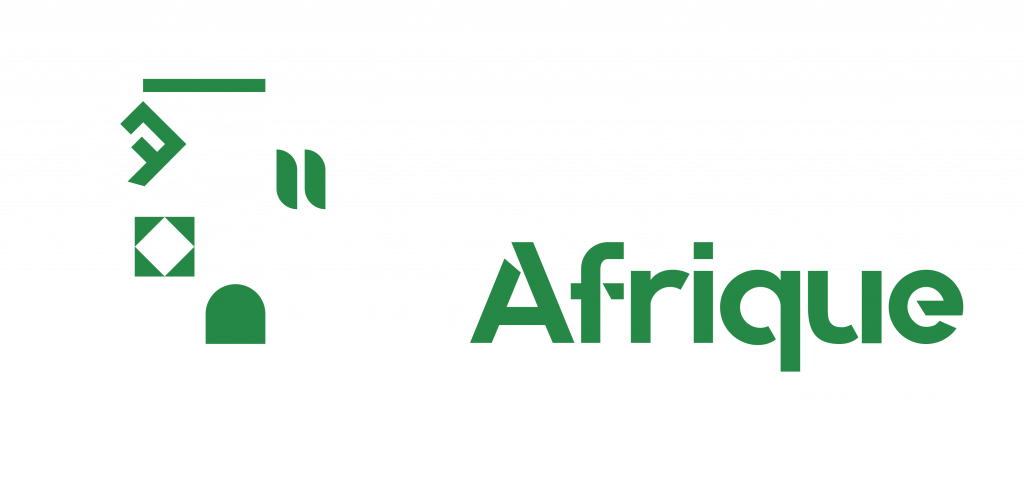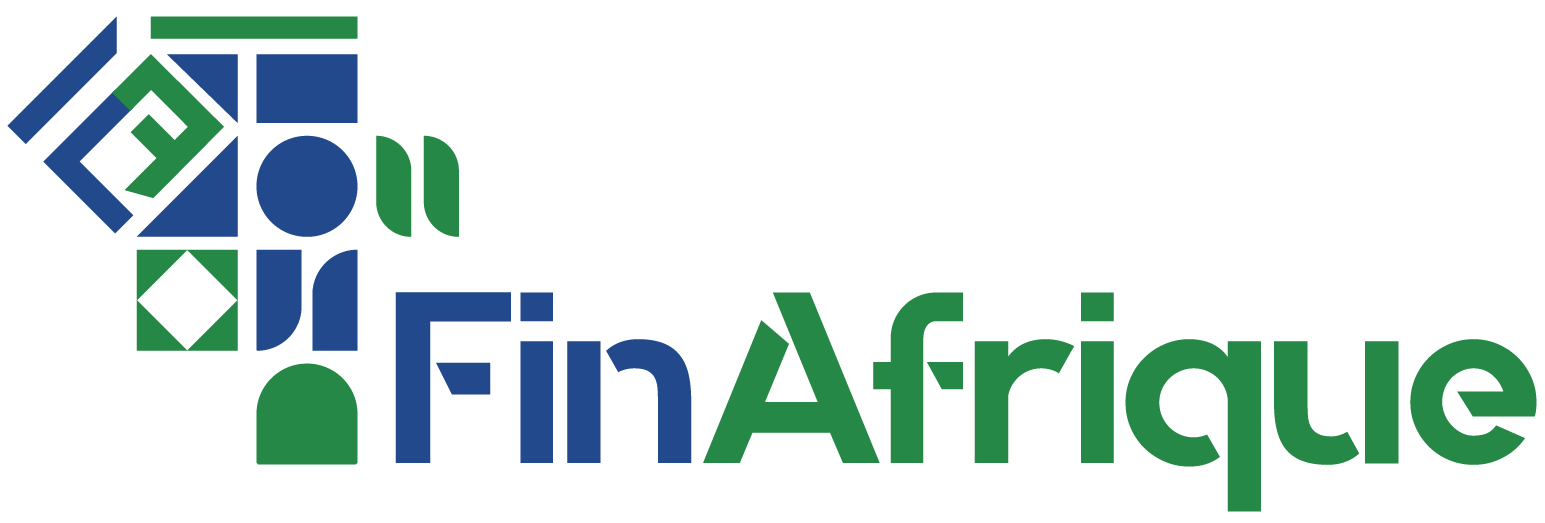Home > Blog > Article
2.0 Stock Market : What If We Dared Informal Bonds ?
Some Current Financing Mechanisms
Even today, the predominant portion of financing for our economies falls to the banking sector, with the drawback of making the banker a multi sectoral specialist. This results in grouping entrepreneurs from the food, energy, advisory, or new technology sectors under the same client portfolio.

By Fabrice Kom Tchuente, Executive Director of the FinAfrique Firm
There are also high-balance financing actors such as Venture Capitalists who, for efficiency in monitoring their investments, generally limit themselves to large investments, with some (fortunately) having directed their investment strategies towards the Small and Medium Enterprise sector.
On the other hand, we have Microfinance, which due to its popularity, signifies a financing model suitable for small economies but unfortunately experiences some missteps with the application of usurious rates.
We could also mention Mesofinance, which is still relatively new and acts as an intermediary between bank and micro-bank financing, or even Nano-credit (a credit granting system generally below 100,000 FCFA proposed by some local Fintech companies) which are still not widely spread. Lastly, we have an informal and parallel financing system that has emerged, a sort of street financing (or pawn lending), applying exorbitant interest rates with, among the guarantees required, the borrower’s bank card.
Faced with this situation highlighting a neglect of the informal sector, or at least a financing system unsuitable for this category of our economy, which nonetheless represents over 85% of jobs on the continent according to a study by the International Labor Organization, it becomes necessary to define an alternative but above all differentiating financing mechanism.
The Informal Sector, Our Survival Cushion
For the vast majority of Africans, the Informal Sector serves as a survival cushion. Taking the case of Europe, the survival cushion is defined by each state in the form of a Social Model. Thus, in each country, a Minimum Wage (called SMIC) has been set to enable every worker to meet their family’s basic needs. In France, a person who finds themselves unemployed can even benefit from a Minimal Solidarity Income called RSA while waiting to find a job.
In Africa, this Survival Cushion is characterized by our informal activities. A public administration contract worker earning 65,000 FCFA per month (about 100 €) and with a family of 6 children needs to develop an informal activity on the side to make ends meet, if only for the basic survival needs of their family.
Financing our informal sector would, therefore, mean financing our social protection. The informal sector cannot remain the « Great Forgotten » or the « Poorly Equipped » of our economy as it is today.
We have always wanted to adapt our African Stock Exchanges according to the socio-economic characteristics that govern our societies. Today, the African Financial Market should represent Hope, an Alternative, compared to financing mechanisms that, although diversified, have not succeeded in satisfying this segment so representative of our economy.
This Financial Market 2.0 should allow us to immerse ourselves in our daily operations. Each actor in our economic chain should be able to identify an opportunity through this Financial Market.
Informal Bond: What is it?
According to a report by the International Monetary Fund (2017), the informal sector represents, depending on African countries, between 20% (South Africa) and 65% (Benin, Nigeria) of their Gross Domestic Product. Contrary to the commonly held idea, it is not always disorganized. Some of its activities are organized into « Corporations / Cooperatives / Associations ». For example, there are associations of planters, associations of motorcycle taxis, etc…
The idea is simply to allow groups that have historically demonstrated good organization and good governance to seek financing for their members through the Financial Market by issuing what could be called an Informal Bond (Bond dedicated to financing informal activities). This issuance would be directly initiated by the leaders of the group, who would have previously selected (based on their knowledge of the sector and its members) the beneficiary members and the amounts of loans granted to each of them.
Assuming that the group will have previously demonstrated moral integrity, it would be conceivable that all or part of this issuance would be guaranteed by a bank or a state guarantee fund. This would reduce the cost of this debt, with a maturity not exceeding 18 months.
For security and transparency reasons, in this digital age, loans and repayments would be made directly through Mobile Money between the Bank managing the operation and these entrepreneurs in the informal sector.
In summary, after the primary and secondary compartments for large companies, after the 3rd compartment dedicated to the listing of Small and Medium Enterprises, it would be time to develop within our Stock Exchanges a 4th compartment dedicated to financing the informal sector.


